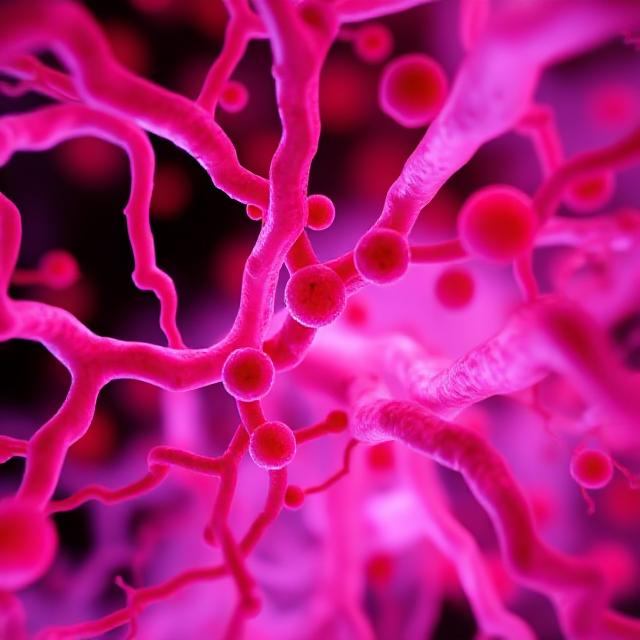Erythritol is a popular sugar substitute found in many “sugar-free” drinks, snacks, and baked goods. It’s loved for its sweet taste and low calories, and is often recommended to people with diabetes or those trying to lose weight. But new research suggests that erythritol might not be as harmless as it seems—at least when it comes to the health of our brain’s tiny blood vessels.
What Did the Study Find?
Scientists at the University of Colorado wanted to see how erythritol affects the cells that line the small blood vessels in the brain, called microvascular endothelial cells. These cells are important for keeping the brain healthy and for controlling blood flow.
To test this, the researchers grew human brain endothelial cells in the lab and exposed them to a dose of erythritol similar to what you’d get from drinking a can of diet soda (about 30 grams).
Here’s what they found:
– More Oxidative Stress: The cells exposed to erythritol produced about 75% more reactive oxygen species (ROS), which are harmful molecules that can damage cells if they build up too much. The cells tried to fight back by making more antioxidant proteins, but the stress was still much higher than normal.
– Less Nitric Oxide: Nitric oxide (NO) is a molecule that helps blood vessels relax and keeps blood flowing smoothly. The erythritol-treated cells made about 20% less nitric oxide, which could make blood vessels less healthy and more likely to stiffen or clog.
– More Endothelin-1: These same cells produced more endothelin-1, a molecule that makes blood vessels tighten up. Too much endothelin-1 can raise blood pressure and increase the risk of stroke.
– Weaker Blood Clot Defense: Normally, when blood clots form, the body releases a substance called t-PA to help break them down. The study found that erythritol made the cells less able to release t-PA when needed, which could make it harder for the body to dissolve dangerous clots.
Why Does This Matter?
Recent studies have linked higher levels of erythritol in the blood with a greater risk of heart attacks and strokes. This new research helps explain why: erythritol seems to directly harm the cells that protect our brain’s blood vessels by increasing stress, reducing helpful molecules, and making it harder to fight off blood clots.
Should You Be Worried?
This study was done in the lab, not in people. But it raises important questions about whether large amounts of erythritol in our diets could harm our blood vessels over time. If you use a lot of sugar substitutes, especially erythritol, it might be wise to keep an eye on new research and talk to your doctor about what’s best for your health.








